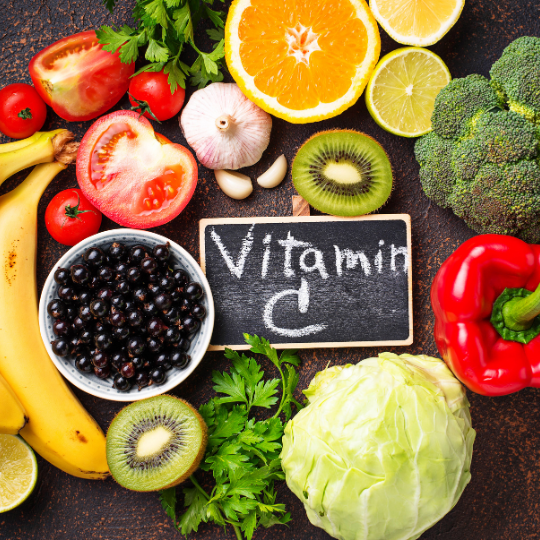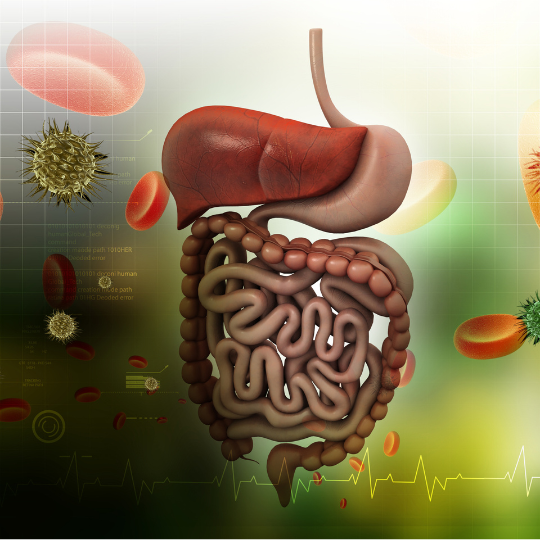B vitamins and vitamin C are two essential nutrients that play a variety of important roles in the human body in various metabolic processes. They are water-soluble vitamins, which means that they are readily dissolved in blood without the need for any lipoproteins, as in the case of fat-soluble vitamins A, D, E and K.
B comes before C..
First, let’s talk about B vitamins. There are eight B vitamins in total: B1 (thiamin), B2 (riboflavin), B3 (niacin), B5 (pantothenic acid), B6 (pyridoxine), B7 (biotin), B9 (folate), and B12 (cobalamin). Each B vitamin has its own unique function in the body, but they all work together to support various bodily functions such as energy production, brain function, and the formation of red blood cells.

B vitamins are found in a variety of foods, including meats, poultry, seafood, eggs, dairy products, whole grains, beans, nuts, and seeds. They can also be taken as supplements in the form of multivitamins or individual B vitamin supplements.
One important aspect of B vitamin metabolism is the role of genetics. Certain genetic variations, known as single nucleotide polymorphisms (SNPs), can influence the way the body metabolizes B vitamins. For example, individuals with certain SNPs in the MTHFR gene may have difficulty converting folate (B9) into its active form, methylfolate, which can lead to all sorts of methylation-dependent metabolic issues in the body, such as cardiovascular issues.
..whereas C comes after B
Now let’s talk about vitamin C. Vitamin C, also known as ascorbic acid, is a water-soluble vitamin that is essential for the proper functioning of the immune system. It is also involved in the synthesis of collagen, which is important for healthy skin, blood vessels, and connective tissue.
Vitamin C can be found in a variety of foods, including citrus fruits, strawberries, kiwi, bell peppers, and leafy green vegetables. As for B vitamins, or any other vitamins for that matter, it is also available as a dietary supplement.

Like B vitamins, vitamin C metabolism can be influenced by genetics. SNPs in the SLC23A1 gene, for example, have been linked to lower levels of vitamin C in the body and even carcinogenesis.
And now for your usual recommendations
To support proper metabolism of these vitamins, it is important to engage in behaviors that support overall health (you know them by now, right?), consume a diet that is rich in nutrient-dense foods, and, in some cases, take supplements to address genetic predispositions or specific health conditions.
Whereas, we consider nutrient metabolism the icing on the genetic and metabolic optimization cake, in some specific situations, severe deficiencies in these vitamins may warrant an immediate dietary intervention targeted to plug in the vitamin holes. Absent this approach, some metabolic pathways may be clogged, triggering all sorts of health issues. You see, human biochemistry is really complicated, with a lot of completely interdependent moving parts and there is no clear cut, ideal sequential approach to health. But we do our best and to be fair results speak for themselves. Give it a shot and you will see!










